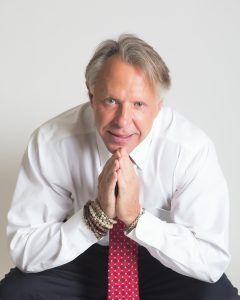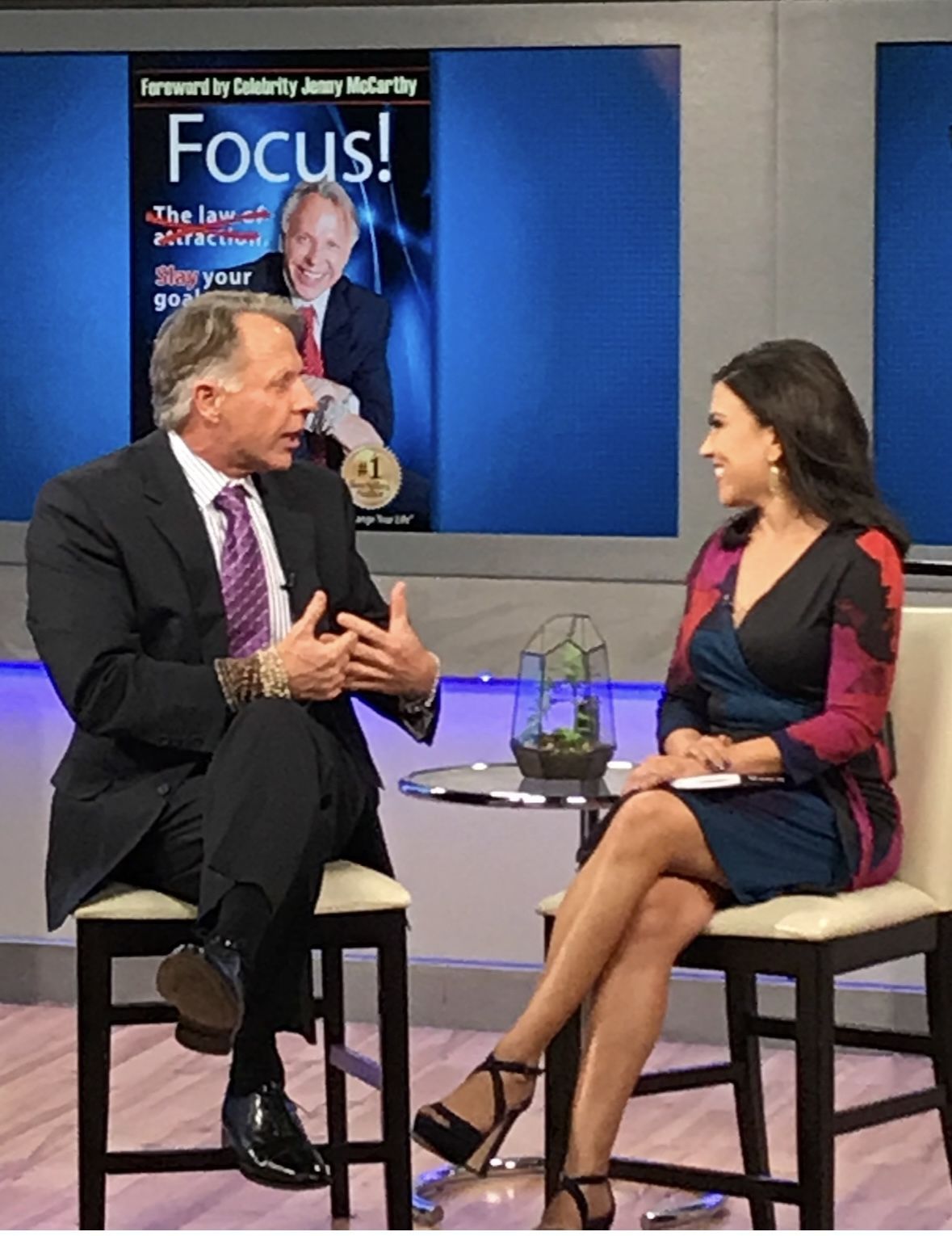Social Distancing and Mental Health?
It seems like most experts today agree that the concept of social distancing is incredibly important for us all to follow religiously, as a way to hopefully slow down this whole spread of the pandemic we’re currently in.
But by doing so we are at great risk of more mental health issues when people feel that they’re isolated from their friends, family, and more.
So what do we do?
I’ve been blessed to be in the world of mental health for 40 years now, and I want to share some ideas that I think can help everyone whether you’re an introvert or an extrovert during the challenge of social distancing.
Number One. Accept it as a fact. Quit looking for rabbit holes to go down to say that the pandemic isn’t real or that social distancing doesn’t work… Save yourself the time and energy and simply accept the fact that this is something that most experts believe we all need to be doing religiously.
Drop your arrogance, let’s work together on this.
Number Two. Create space for your mental health. Meditate, journal, work with a counselor or a coach, write about the things you’re grateful for, and things that are challenging, and next to the challenges put steps for the solution.
Number Three. Exercise daily. Even 6/10 minute walks over the course of the day will start to release endorphins in the brain to help lift your mood and feel better.
Number Four. Start a new hobby. Get something that you’ve never done before to challenge your brain which will help with your mental health during social distancing.
Crossword puzzles? Photography? Writing your own book? What type of hobby have you always wanted to do but you never took the time for the past? Do those hobbies now.
Number Five. Limit your time with negative thinkers. Limit your time with gossipers. Limit your time with conspiracy theorists. Limit your time with people that want to go down every rabbit hole in the world, because most of those rabbit holes end in a dead-end anyway.
Number Six. If you can’t go to church but you love church, go onto YouTube and Google sermons. Any type of sermon whatsoever. Fill your mind with goodness.
Number Seven. Read books about people who have overcome great travesty. Read books about people who have gotten sober, who achieved financial independence after living in poverty. Read books of hope. Read books of love. Fill your mind with goodness and more goodness will follow.
If you follow the above steps it’s not going to end the pandemic, it’s not going to make you have a perfect life, but it will start to put you back into control of your emotions.
Working with a counselor or a coach or a therapist can help you look deeper than the surface to see if there are resentments you’re holding against family members, coworkers, maybe even your boss that you need to let go of in order to be more grounded in mental health.
Even as a counselor, I’ve had to reach out to different people when I got stuck during this pandemic, I’ve had to research and read about more successful people who have overcome great challenges to give me hope that I can continue to move through this as well.
Start today. Not tomorrow, today“
David Essel‘s work is highly endorsed by individuals like the late Wayne Dyer, and celebrity Jenny McCarthy says “David Essel is the new leader of the positive thinking movement.“
His work as a counselor and minister has been verified by organizations like Psychology Today. marriage.com has verified David as one of the top counselors and relationship experts in the world.
To work with David one on one via phone or Skype from anywhere, please visit www.DavidEssel.com








